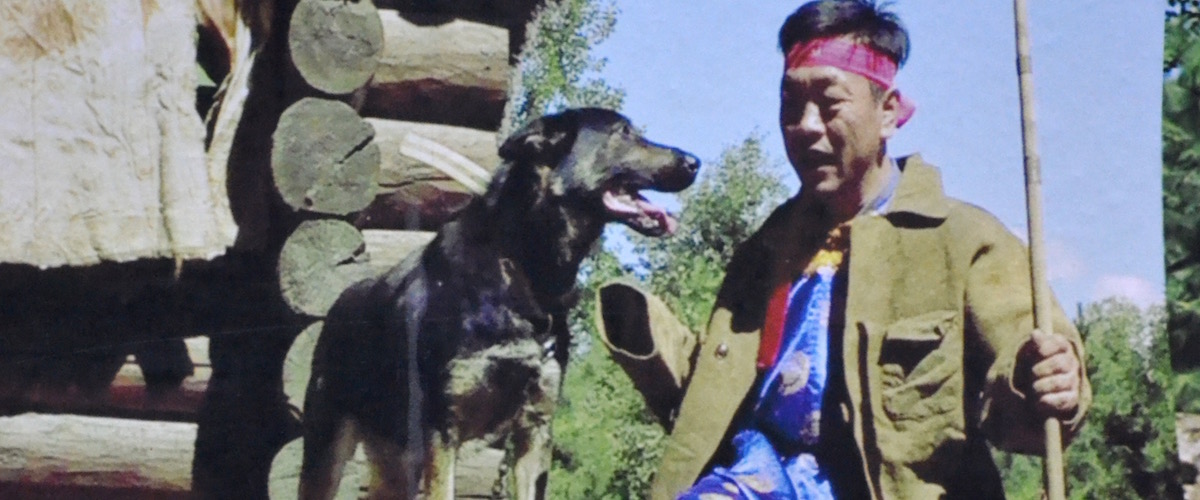Ewenki

Originally living in the hills of Siberia, groups of the Ewenki began to migrate into China during the early 1600s. The name Ewenki—meaning “mountain forest people”—was coined by Russians early in the 20th century to describe nomadic peoples in eastern Siberia. In addition to populations in Russia and Mongolia, the Ewenki in China live almost entirely in the Chinese province of Inner Mongolia. Of the three groups of Ewenki in China, the vast majority of the population belongs to the Solon.
Traditionally, Solon Ewenki families earn their livelihood by fishing, raising reindeer, and hunting. Some still live in yurts that are easy to assemble and transport from place to place. This was a necessity of life for the Ewenki, staying in one place no more than ten days in the summer, and moving as often as every two days in the winter. However, in recent years many have moved into modern apartment buildings.
The primary religious belief among the Solon Ewenki is shamanism, although some who have been influenced by the Mongolians have adopted the Tibetan Buddhist religion. In addition to worshipping the sprits of their ancestors, they pray to many gods and deities, asking for success in hunting.
Although the Ewenki living in Russia were forced to convert to Orthodox Christianity in the sixteenth and seventeenth centuries, currently only a very small number of those who converted live in China. In addition, their conversion appears to have been largely superficial. They continued to worship spirits; they also included statues of Jesus among their idols. There are no known churches or true believers among the Ewenki.

